Filter by
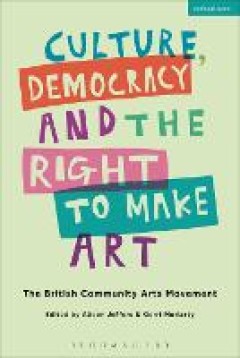
Culture, democracy and the right to make art : the British community arts mov…
Based on the words and experiences of the people involved, this book tells the story of the community arts movement in the UK, and, through a series of essays, assesses its influence on present day participatory arts practices. Part I offers the first comprehensive account of the movement, its history, rationale and modes of working in England, Northern Ireland, Scotland and Wales; Part II brin…
- Edition
- -
- ISBN/ISSN
- 9781474258388
- Collation
- xiv; ill; 280 p.
- Series Title
- -
- Call Number
- 700.10309410904 JEF c
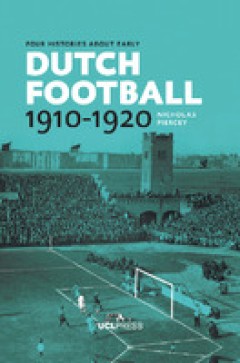
Four Histories About Early Dutch Football 1910-1920
What is the purpose of history today, and how can sporting research help us understand the world around us? In this stimulating book, Nicholas Piercey constructs four new histories of early Dutch football, exploring urban change, club members, the media, and the diaries of Cornelis Johannes Karel van Aalst, a stadium director, to propose practical examples of how history can become an important…
- Edition
- -
- ISBN/ISSN
- 9781910634790
- Collation
- -
- Series Title
- -
- Call Number
- -
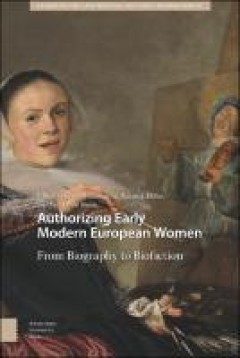
Authorizing early modern European women. From biography to biofiction
The essays in this volume analyze strategies adopted by contemporary novelists, playwrights, screenwriters, and biographers interested in bringing the stories of early modern women to modern audiences. It also pays attention to the historical women creators themselves, who, be they saints or midwives, visual artists or poets and playwrights, stand out for their roles as active practitioners of …
- Edition
- -
- ISBN/ISSN
- 9789048552900
- Collation
- 290 p.
- Series Title
- -
- Call Number
- 305.4094 FIT a
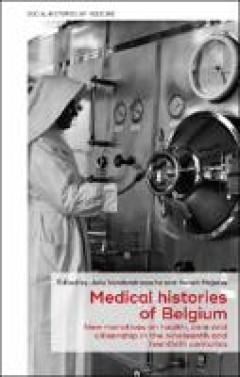
Medical histories of Belgium : new narratives on health, care and citizenship…
This edited volume offers the first comprehensive historical overview of the Belgian medical field in the nineteenth and twentieth centuries. Its chapters develop narratives that go beyond traditional representations of medicine in national overviews, which have focused mostly on stateprofession interactions. Instead, the chapters bring more complex histories of health, care and citizenship. Th…
- Edition
- -
- ISBN/ISSN
- 9781526151087
- Collation
- xiv, 400 p. : ill.
- Series Title
- -
- Call Number
- 610.9493 VAN m

The search for the first americans : science, power, politics
"Who were the First Americans? Where did they come from? When did they get here? Are they the ancestors of modern Native Americans? These questions might seem straightforward, but scientists in competing fields have failed to convince one another with their theories and evidence, much less Native American peoples. The practice of science in its search for the First Americans is a flawed endeavo…
- Edition
- -
- ISBN/ISSN
- 9780806175935
- Collation
- ix, 163 p.
- Series Title
- -
- Call Number
- 970.00497 DAV t
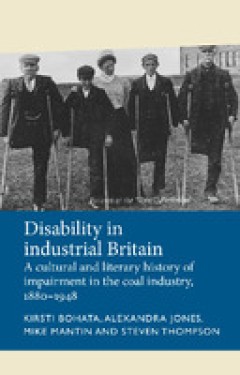
Disability in industrial Britain : a cultural and literary history of impairm…
Coalmining was a notoriously dangerous industry and many of its workers experienced injury and disease. However, the experiences of the many disabled people within Britain’s most dangerous industry have gone largely unrecognised by historians. This book examines the British coal industry through the lens of disability, using an interdisciplinary approach to examine the lives of disabled miner…
- Edition
- -
- ISBN/ISSN
- 9781526124326
- Collation
- 277 p. : ill.
- Series Title
- -
- Call Number
- 362 BOH d
 Computer Science, Information & General Works
Computer Science, Information & General Works  Philosophy & Psychology
Philosophy & Psychology  Religion
Religion  Social Sciences
Social Sciences  Language
Language  Pure Science
Pure Science  Applied Sciences
Applied Sciences  Art & Recreation
Art & Recreation  Literature
Literature  History & Geography
History & Geography